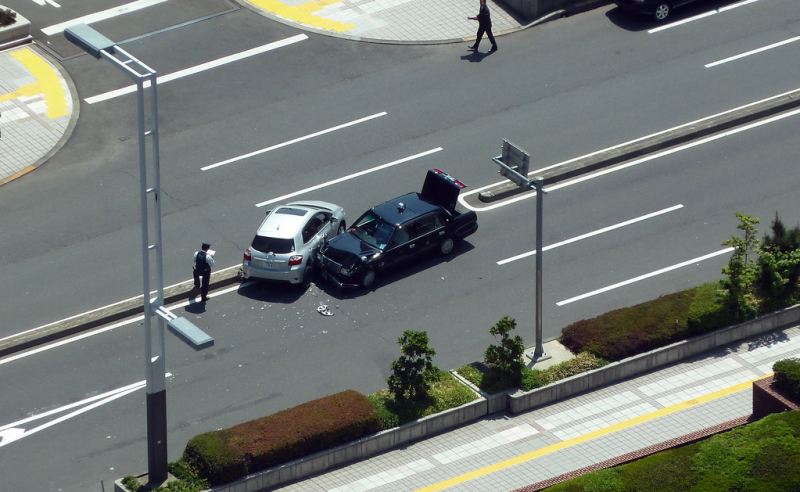
From cars that run on electricity to fully functioning self-driving vehicles, the auto industry has seen some exciting technological developments over the past decade. But as is the case with any new tech, testing and time determine all, and with Google recently revealing that their driverless cars have been in 11 accidents over the last six years, questions and concerns are growing louder.
Is the world really ready to embrace self-driving vehicles or could the success of the auto industry’s most ambitious product be in jeopardy?
Minor Fender-Benders
Let’s consider the details of Google’s crash report: the accidents come after 1.7 million miles of road tests (with 1 million of those clocked while the vehicles were driverless). The tech giant also claims that all were minor incidents with no injuries or serious damage done, and that each of the 11 were actually caused by other drivers on the road!
Delphi also revealed that one of their self-driving cars was involved in a crash last fall, but that too was determined to be the fault of the other driver (and ended with zero injuries).
When “car crash” gets thrown around in regards to vehicles driving themselves people inevitably start to panic about road safety, but are 11 fender-benders over six years really that awful? Maybe not, but reports like these remind the public of what worries they DO have in regards to self-driving crashes – malfunctioning technology being number one.
What happens if a glitch occurs and these cars cause accidents that aren’t so minor? Is it worth putting the public in danger for a product that basically just makes driving easier? There aren’t simple answers that make all sides happy, but one thing is agreed upon: safety can’t be compromised.
Financial Liabilities
That first self-driving car accident to be caused by a driverless vehicle will be a most interesting case, determining the future of how law will deal with these incidents. Settlements in favour of the victims are likely, as most tech companies involved in development won’t want the bad publicity to affect reputation or sales. Product liability will also pose as a huge concern if any of the vehicles end up hitting pedestrians.
So, the potential success gained from self-driving cars may ultimately be overshadowed by the negative press should these kinds of accidents start occurring more frequently. And that’s something that Google and other developers behind this type of tech have got to be considering.
Consumers? Looks like less of a worry and more of a win for those that find themselves in a crash with a billion-dollar company. Although money is often a poor substitute for accidents that cause severe physical/emotional damage.
No Risk = No Reward
Being first through the wall equates to taking all of the hits and risk in the name of a new idea, which is exactly what reports like these must confirm for the innovative minds behind self-driving cars.
It’s doubtful that 11 minor accidents will slow down Google or the other developers working on driverless car fleets, but this definitely brings up important issues that should be addressed before mass marketing of any product begins. With road safety being number one on that to-do list!
Consumers excited about the technology aren’t likely to be turned off by crash reports though as most understand that great rewards often only come as a result of great risks.
And, a self-driving car is still the coolest thing ever.






